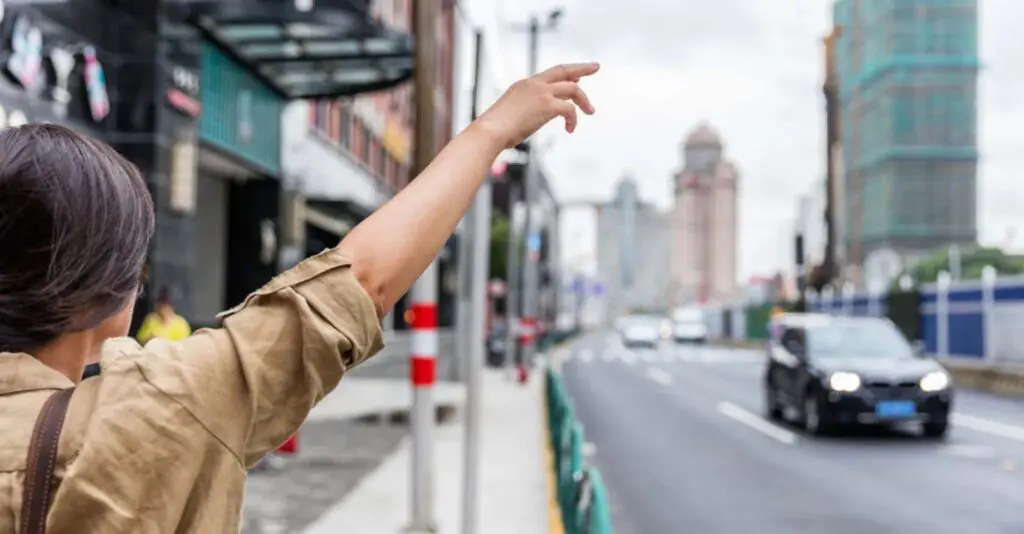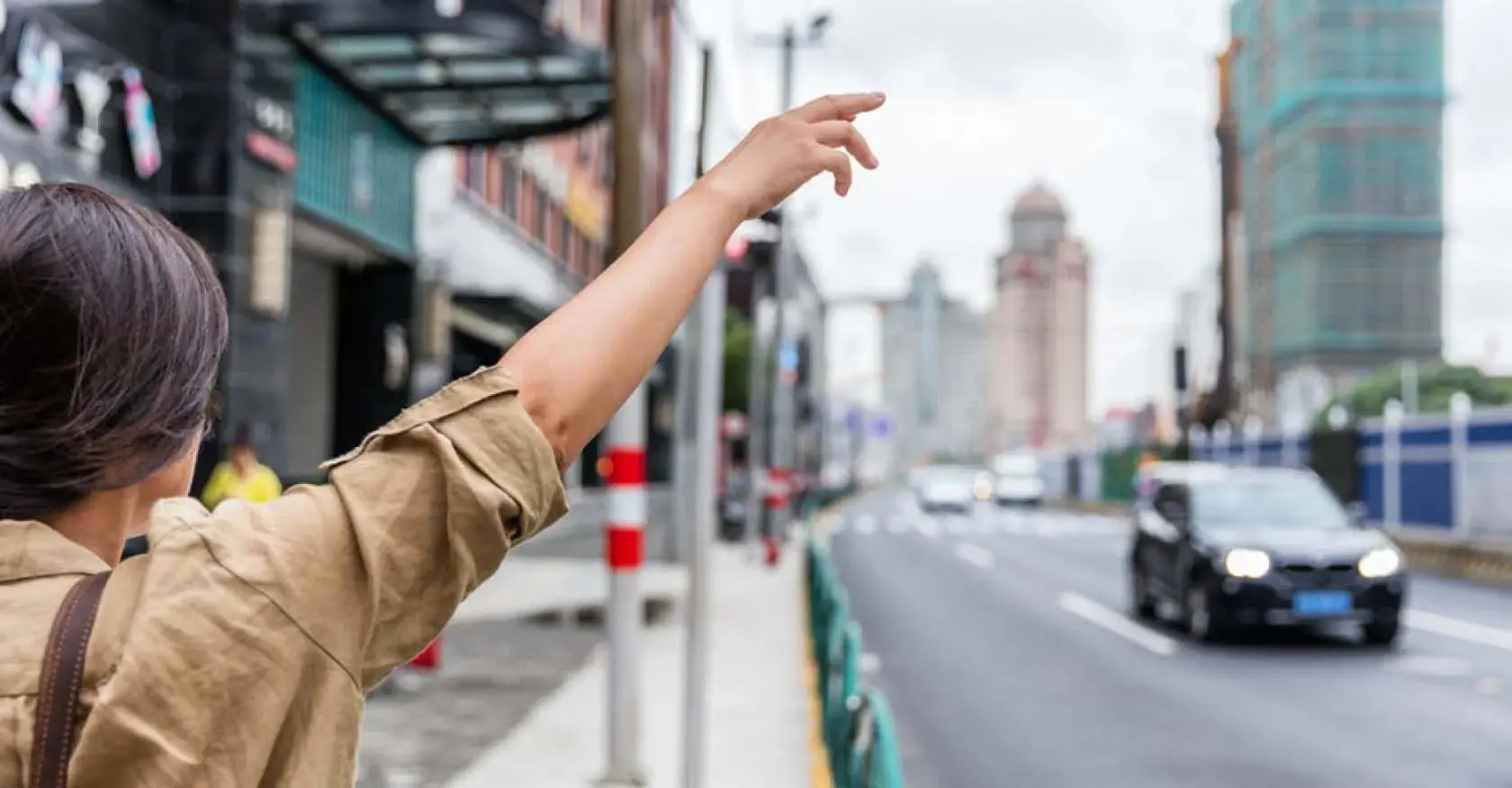Rideshare Assault Lawsuit Updates
November 4, 2024 by Susan MohrBackground Of The Rideshare Assault Lawsuits
The rideshare industry, spearheaded by companies like Uber and Lyft, revolutionized urban transportation by offering convenient, app-based ride-hailing services. However, the rapid growth of rideshare platforms has also led to serious concerns about passenger safety, particularly incidents of assault. Over the years, numerous lawsuits have been filed against these companies, accusing them of insufficient background checks on drivers and inadequate safety measures for passengers.

Critics argue that these platforms prioritize growth and convenience over passenger security, leading to a rise in assault cases linked to rideshare services. The companies have faced mounting legal challenges as victims seek accountability and justice for harm suffered during rideshare experiences. These lawsuits often contend that rideshare companies are responsible for ensuring passenger safety by implementing stringent screening processes and improving safety features within their services.
As these legal battles unfold, the industry’s emphasis on safety protocols remains a spotlight issue.
Recent Developments In Legal Proceedings
Significant activity has been seen in recent months in the legal proceedings surrounding the rideshare assault lawsuits. Several high-profile cases have moved forward, with courts beginning to hear arguments from plaintiffs and defendants. Key among these developments is the consolidation of numerous individual lawsuits into a single class-action suit, aiming to streamline the legal process and provide a more unified front against the rideshare companies.
To strengthen their defense, rideshare companies have introduced new evidence and initiatives demonstrating increased safety measures implemented since the initial incidents. Simultaneously, plaintiffs’ attorneys have gathered testimonies and expert analyses to substantiate negligence claims and insufficient safety protocols. Both parties continue negotiating potential settlements, although no definitive agreements have been reached. As proceedings advance, further updates are anticipated over the coming months, drawing significant public and media attention.
Statements From Plaintiffs And Defendants
In the ongoing rideshare assault lawsuit, the plaintiffs have expressed deep concern about passenger safety, emphasizing that their experiences have left lasting emotional and physical scars. They claim that the rideshare company failed to implement adequate safety measures and conduct thorough background checks on drivers, thereby creating an environment in which such assaults could occur. The plaintiffs are seeking not only compensation for their suffering but also systemic changes to prevent future incidents.
In response, the defendants, representing the rideshare company, acknowledged the severity of the allegations but denied any negligence or liability. They argue that they have stringent safety protocols in place and regularly update their screening processes. The defendants contend that they cannot be held responsible for individuals’ unpredictable actions and assert their commitment to improving safety features for both passengers and drivers.
Impact On Rideshare Companies And Policies
The ongoing rideshare assault lawsuit has significant implications for rideshare companies, driving them to reevaluate and enhance their safety measures and policies. As these legal challenges unfold, companies are under pressure to demonstrate accountability and transparency, leading to the implementation of more rigorous background checks for drivers and improved in-app safety features, such as emergency assistance buttons and ride tracking. This heightened scrutiny has heightened the focus on ensuring passenger safety, compelling companies to allocate more resources to technology that enhances rider and driver communication and safety.
Additionally, these lawsuits shape regulatory frameworks, prompting stricter government oversight and potential legislation that further mandates safety protocols. The resulting policy shifts affect company operations and influence public perception, potentially reshaping the ridesharing landscape by fostering a culture of trust and security among users and stakeholders.
Legal Expert Opinions And Analysis
In the wake of ongoing rideshare assault lawsuits, legal experts offer analyses that shed light on the complexities of such cases. They emphasize that one of the pivotal challenges lies in establishing liability. The core debate revolves around whether rideshare companies should be classified as traditional employers or platforms connecting drivers and passengers. This distinction profoundly impacts the level of responsibility these companies hold for the actions of their drivers.
Experts note that plaintiffs often face hurdles in proving negligence or a breach of duty by the companies, especially given that drivers are typically classified as independent contractors. Furthermore, legal analysts highlight the evolving regulatory landscape and suggest that legislative changes could soon impose stricter safety standards and accountability. Many predict that class-action lawsuits might be instrumental in driving these changes, pushing rideshare companies towards more rigorous background checks and enhanced passenger protections.
Future Implications For The Rideshare Industry
The ongoing developments in rideshare assault lawsuits have significant future implications for the industry, potentially reshaping operational practices and consumer trust. As legal outcomes unfold, rideshare companies may face increased pressure to enhance safety measures, including more comprehensive background checks for drivers and advanced in-app security features for passengers. These changes could lead to increased operational costs, possibly impacting fare structures.
Additionally, legislative bodies might introduce stricter regulations to hold companies more accountable for passenger safety. This evolving landscape may drive innovation, prompting the development of new technologies to ensure safer rides. The industry could witness shifts in market dynamics, with heightened competition among companies striving to prioritize security and regain public confidence. Ultimately, how these lawsuits influence consumer perception will play a crucial role in shaping the future sustainability and reputability of the rideshare sector.
For more information about our Rideshare signed cases, contact us at te**@mo******.com.
Get started before your competitors do …there is a limit to how many clients we can onboard.
CONTACT US FOR A QUOTE. CALL 866-695-9058 OR USE OUR REQUEST A QUOTE FORM.
Susan Mohr
Mohr Marketing, LLC
CEO and Founder


Recent Posts
- J&J Talc Spinoff’s Ch. 11 Case Gets Tossed, Erasing $9B Deal
- Understanding The Importance Of Lead Generation For Chiropractors
- Why Family Law Firms Need To Buy Leads
Categories
- Business Financing
- Call Verified MVA Leads
- Compliance Program
- Lead Generation For Chiropractors
- Lead Generation For Criminal Attorneys
- Lead Generation For D&A Treatment Centers
- Lead Generation For Eye Doctors
- Lead Generation For Family Law Practices
- Lead Generation For PI Law Firms
- Lead Generation For Plastic Surgeons
- Leads For Healthcare Professionals
- Leads For Insurance Industry
- Legal Leads
- Legal Updates
- Mass Tort Leads
- Medicare and Medicaid Leads
- Merchant Funding Leads
- Online Marketing Strategies
- Pre-Settlement Funding
- Signed MVA Cases
- Tort Updates
Archives
Copyright © 2024 Mohr Marketing, LLC. All Rights Reserved.


